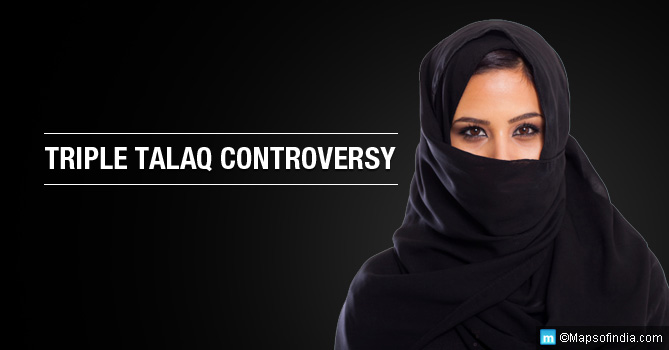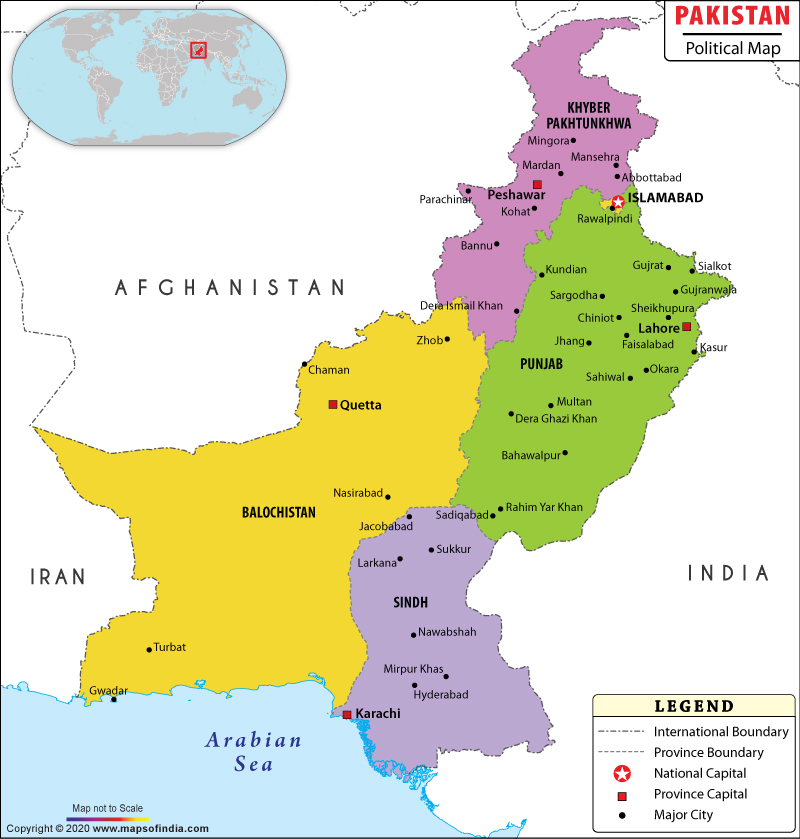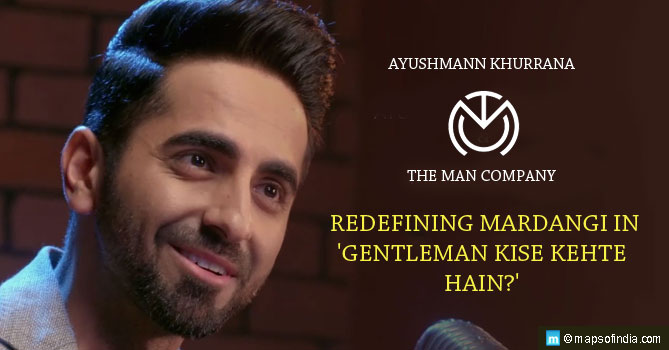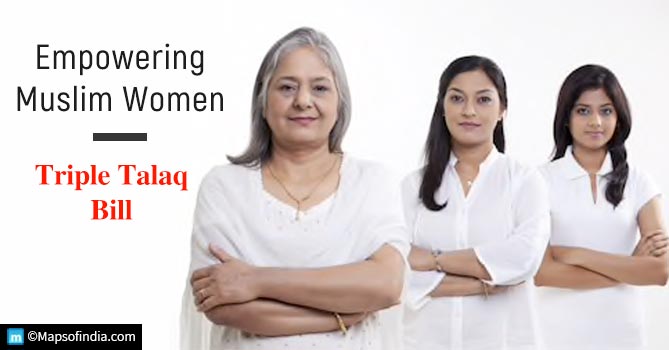It is an irony that when more than 20 countries, including Pakistan and Bangladesh, have abolished ‘triple talaq’, India is still struggling with this invidious practice wherein a Muslim individual divorces his wife by pronouncing talaq three times in one sitting. There have been instances when a drunk Muslim man has divorced his wife by pronouncing ‘talaq, talaq, talaq’ in his inebriated state of mind.
Recently, a pregnant woman in Uttar Pradesh’s Saharanpur district wrote a letter to Prime Minister Narendra Modi and Chief Minister Yogi Adityanath alleging that her husband divorced her by pronouncing a triple talaq. The woman alleged that her husband did this as he feared that she is carrying a baby girl in her womb. It is an absurdity, but Muslims across the country are not ready to correct it.
The All India Muslim Personal Law Board (AIMLB), a leading body of Muslim opinion in the country, says that Muslims have a constitutional right to follow their personal law and that triple talaq is in consonance with the Shariat laws. But majority of Muslim women who are dead against the practice, don’t subscribe to Muslim clerics’ argument that it is in accordance with the Quran. Rather their stand is that triple talaq is the most deplorable thing in Islam and that it should be resorted to only when all attempts for reconciliation between husband and wife fail. Vice President Hamid Ansari’s wife Salma Ansari went to the extent of saying that there is no rule of triple talaq in the Quran.
Is triple talaq in one sitting un-Islamic?
The Quran has laid down certain norms to execute divorce. According to this holy scripture, those who intend to divorce their wives shall have to wait for four months; if they change their minds and reconcile within that period then God is forgiver, merciful. If they go ahead with the divorce then God is hearer, knower. The Quran also says that the divorced women must wait for three menstrual courses and their husbands are fully entitled to take them back during this waiting period, if they desire reconciliation. Further shedding its light on divorce, the holy book states that divorce may be pronounced twice; then the wife may either be kept back in fairness or be allowed to separate in fairness. If the husband divorces his wife for the third time, she shall not remain lawful for him after this divorce, unless she marries another man. But never does it allow pronouncement of triple talaq in one sitting.
How debate over triple talaq started?
After Prime Minister Narendra Modi raised the issue last year, the Allahabad High Court in its judgment in December 2016 termed the practice unconstitutional. But debate over it started after the Law Commission recently sought feedback from the public on whether the practice of triple talaq should be abolished and whether a uniform civil code be made optional. From 11 May, a five-judge constitutional bench of the Supreme Court is to hear petitions challenging Muslim practices of triple talaq and polygamy. But members of the Muslim Personal Law board have made it clear that they would not brook any kind of interference in their religious matter. The board’s argument is that the validity of Mohammedan Law, founded on the Quran, cannot be tested on any particular provision of the country’s constitution.
However, many spiritual heads of the community have started to come out against the practice. For instance, spiritual head of the Ajmer Sharif dargah, Zainul Abedin Khan has said that triple talaq is against Sharia and it is inhuman, anti-Islamic and against the gender equality. But Muslims largely belonging to Sunni community say those who give triple talaq without Sharia reasons will be socially boycotted. But is just boycotting those who resort to triple talaq sufficient enough to rid Muslim society of this practice. It is time to ponder over the issue.





